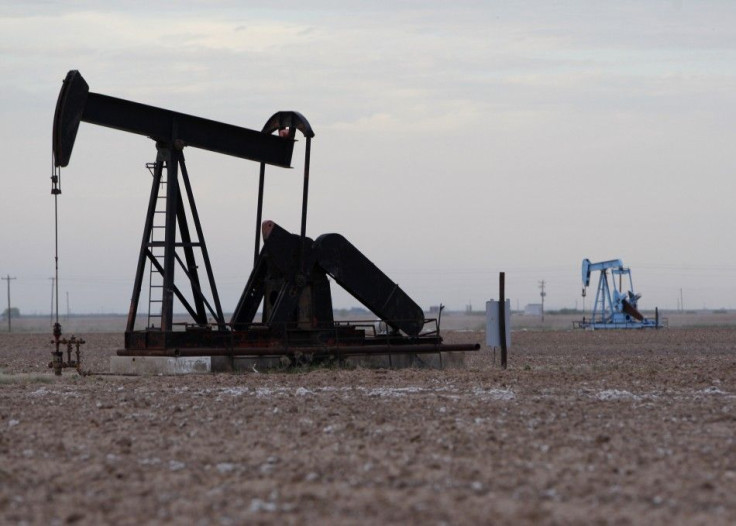ExxonMobil Contracts in Southern Iraq Could Be Replaced in Light of Kurdistan Deal, Warns Baghdad

Despite rumblings last week that Baghdad and ExxonMobil could be close to settling their oil contract spat, Iraqi officials announced Monday the U.S. oil giant's contract in the south of the country could easily be replaced by Royal Dutch Shell.
Exxon has contracts with the Iraqi Oil Ministry to develop part of the country's oil fields to the south, but ever since it signed exploration contracts with Kurdistan's regional government to the north, its hold on those southern oil fields, from Baghdad's point of view, are hovering on a knife's edge.
Abdul Mahdy al-Ameedi, head of Iraq's petroleum contracts and licensing directorate, told The Wall Street Journal on Monday his country could easily replace ExxonMobil's contacts with Shell.
Speaking to reporters in Tokyo, Adbul-Kareem Luaibi, Iraq's Oil Minister said he, Iraq's prime minister, and the country's contract licensing department, have written to the company, but have yet to receive any reply.
The Iraqi central government and the Kurdish regional government are at odds over oil rights. Baghdad maintains oil deals signed without the blessing and involvement of its central oil ministry are illegal. This latest pronouncement from Iraqi officials is just one of many in recent weeks supposing ExxonMobil's contract is on borrowed time.
ExxonMobil has been quiet on the issue, and has no comment.
Charles Ebinger, director of the Brooking Institutes's Energy Security Initiative, said he suspects Baghdad's threats are empty and designed to get a rise out of the U.S. company.
Ebinger said Baghdad is afraid it will lose control of the country's exploration contracts in Kurdistan, and its hardened stance with respect to ExxonMobil reflects that. He said he thinks the company believes the central government will not act on their threats.
The country is in need of oil investments, like ExxonMobil's in the south, to revamp the country's oil industry and exports.
As companies converge on Kurdistan, Ebinger said spats like the one between ExxonMobil and Baghdad will likely increase, but oil companies should not be penalized for taking advantage of the country's on-going disputes over oil revenue sharing and contracts between Kurdistand and the central government.
And it's a problem that Washington might want to resolve as Baghdad continues its threats against the U.S. oil company.
This whole problem with petroleum law has plagued Iraq since Saddam Hussein was toppled, Ebinger said. It's a big big problem. Exxon is taking a big gamble. I think we are getting too disengaged in terms of outright diplomacy in the Middle East.
He said it's a gamble that goes against ExxonMobil's traditional conservatism and risk aversion.
What is prompting a more outward stance is that ExxonMobil has done very badly in replacing its oil reserves, said Ebinger, adding that the company is taking more risks as it faces increasingly diminishing oil reserves.
© Copyright IBTimes 2024. All rights reserved.





















